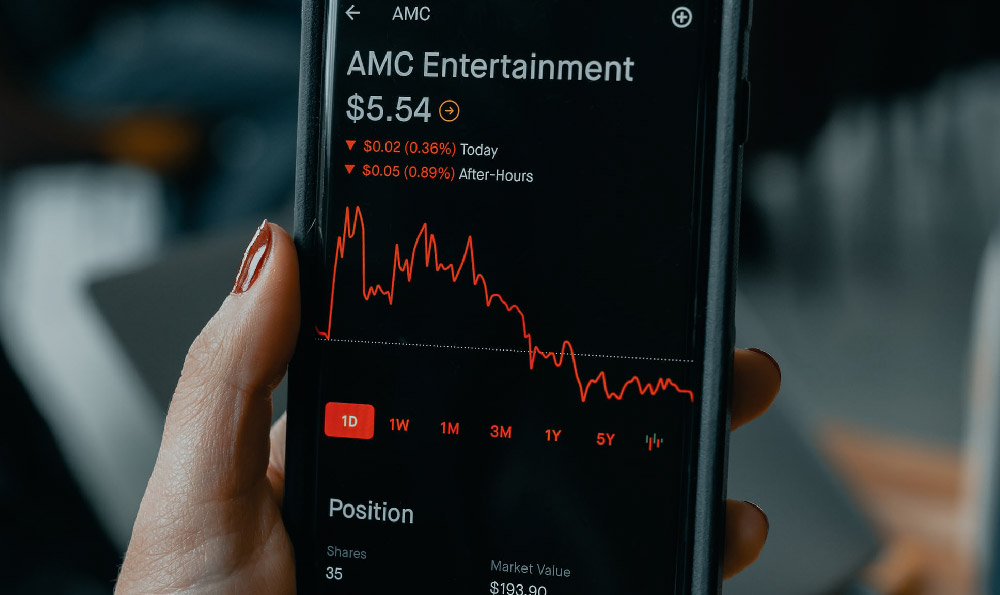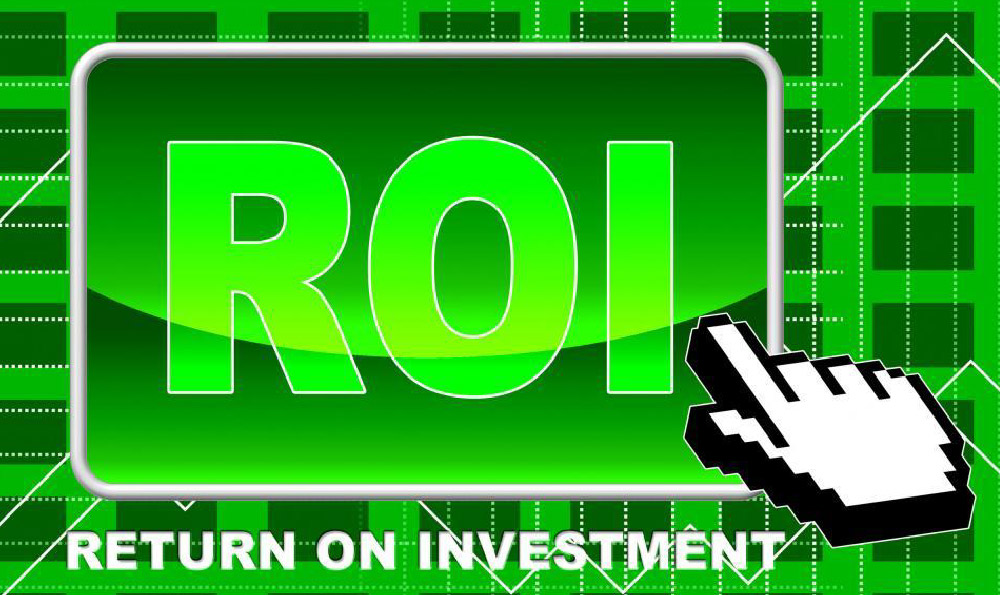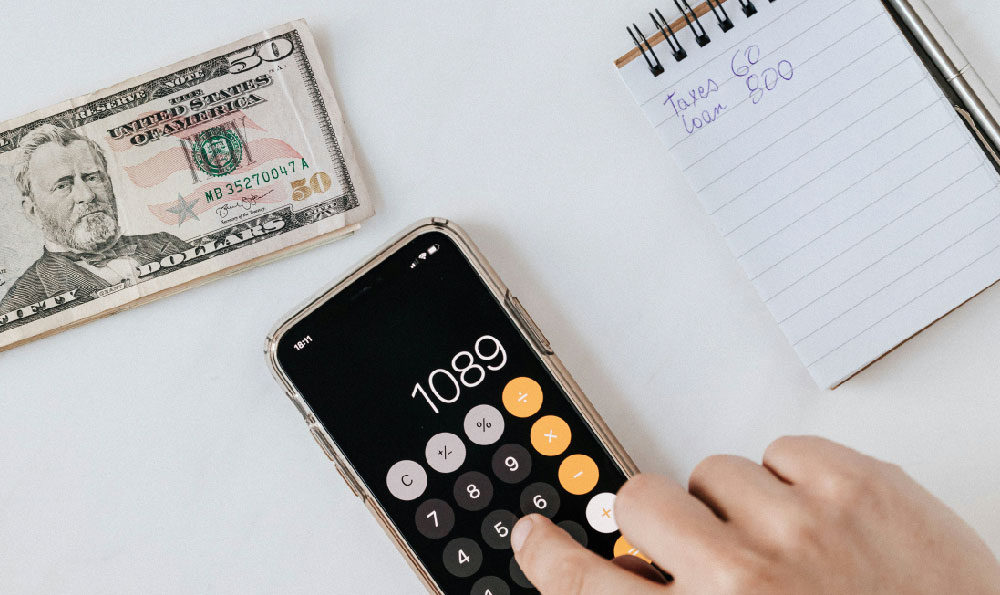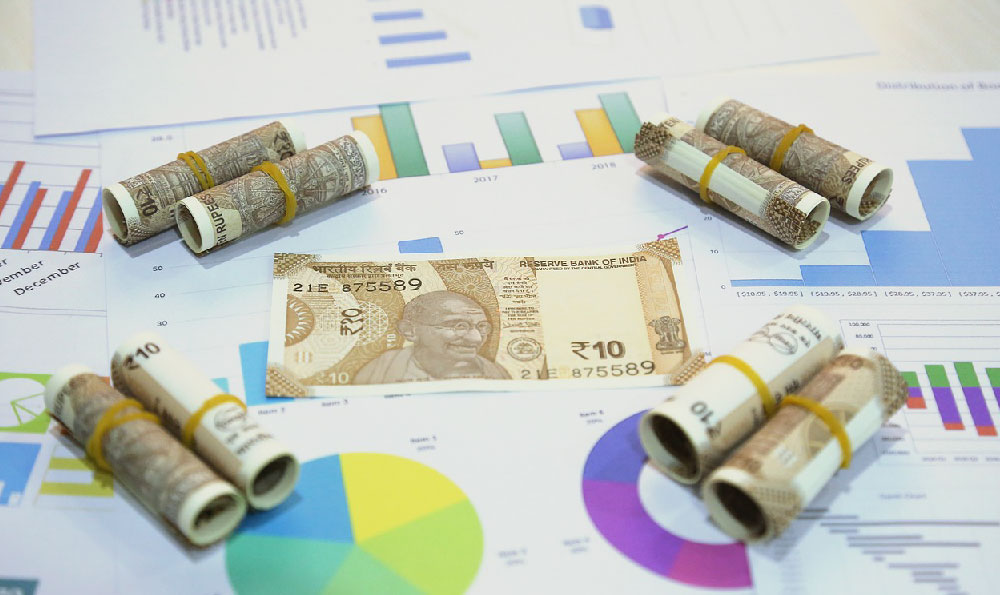How did LaVar Ball get rich, and what were his income streams?
LaVar Ball's rise to prominence is a fascinating blend of athletic ambition, shrewd business acumen, and a healthy dose of controversy. While his personal wealth is often debated and difficult to quantify precisely, it's clear that he's amassed a significant fortune through a combination of avenues, capitalizing on his sons' basketball talent and building a brand around their perceived potential. Understanding how he accumulated his wealth requires examining the different income streams he cultivated.
One significant aspect of LaVar Ball's financial story is his prior business ventures. Before his sons even reached high school stardom, he was involved in various entrepreneurial endeavors. While details surrounding these ventures are sometimes scarce, they appear to have laid the foundation for his later, more successful business endeavors. Reports suggest involvement in areas such as personal training and sports equipment. These early ventures, even if not wildly profitable, likely provided him with valuable experience in building a business and navigating the complexities of entrepreneurship. Moreover, they provided him with the capital, however modest, needed to invest in his sons' athletic training and development. This early investment in his sons became the seed from which his future fortune grew.
The cornerstone of LaVar Ball's wealth accumulation is undoubtedly the Big Baller Brand (BBB). This company, founded in 2016, aimed to disrupt the traditional sports apparel market by offering signature shoes and clothing for his sons, particularly Lonzo Ball. The initial approach was bold, bypassing major shoe companies like Nike, Adidas, and Under Armour, and setting a high price point for their products. While the BBB faced considerable criticism and skepticism regarding its quality and pricing, it generated significant buzz and initial sales, largely fueled by the media attention surrounding the Ball brothers. The brand's initial success was heavily reliant on pre-orders and the novelty factor. The high price tags of BBB shoes, often exceeding those of established brands, initially garnered attention and a sense of exclusivity. This exclusivity, in turn, drove sales, especially among fervent supporters of the Ball family.

The income generated by BBB isn't just from direct sales of apparel and footwear. The brand also benefited from its unique marketing strategy. LaVar Ball's outspoken personality and often controversial pronouncements in the media became a key part of the BBB's promotional efforts. Whether intentional or not, his provocative statements consistently kept the brand in the spotlight, generating free publicity and attracting attention, both positive and negative. This "any publicity is good publicity" approach, while controversial, proved effective in increasing brand awareness and driving traffic to the BBB website. This media attention translated into increased sales, at least in the early days of the brand. The family's reality show, "Ball in the Family," further amplified this effect.
The reality show, which aired on Facebook Watch, provided viewers with an inside look at the Ball family's lives, showcasing their basketball training, business ventures, and personal relationships. This access to the family’s everyday life created a strong connection with fans and allowed BBB to directly market its products to a captivated audience. The show’s popularity generated significant revenue through advertising and sponsorships, providing another important income stream for the family and further boosting the BBB brand. The show offered valuable exposure for BBB products, showcasing the brand's lifestyle appeal and further cementing its association with the Ball family's image.
While BBB played a major role, LaVar Ball's sons' professional basketball careers also contributed, albeit indirectly, to his wealth. While he doesn't directly receive their NBA salaries, their endorsements and playing contracts enhance the family's overall brand and marketability. Lonzo Ball's initial contract with the Los Angeles Lakers, followed by his subsequent deals with other teams, significantly raised the family's profile and increased the value of the BBB brand. Furthermore, the publicity surrounding LiAngelo and LaMelo Ball, even with their less conventional paths to professional basketball, further contributed to the Ball family's overall notoriety and marketability.
It's important to note that the BBB has faced challenges in recent years. Partnerships with third-party manufacturers have faltered, and allegations of fraud and mismanagement have surfaced. These issues have undoubtedly impacted the brand's revenue and reputation. The quality of BBB products has also been questioned, leading to customer dissatisfaction and a decline in sales. The initial hype surrounding the brand has faded, and it now faces the challenge of maintaining relevance in a highly competitive market. While BBB might have initially been the primary driver of wealth, it has become more of a supporting element now.
In conclusion, LaVar Ball's wealth accumulation is a multifaceted story. It's a product of shrewd marketing, capitalizing on his sons' athletic talent, and building a brand around their perceived potential. While the success of the Big Baller Brand has fluctuated, it remains a significant source of income, supplemented by revenue from the family's reality show and the indirect benefits of his sons' professional basketball careers. His income streams are a complex mix of apparel sales, media earnings, and the brand value generated by his family's fame. While he may not be a traditionally "rich" individual in the conventional sense of generational wealth, he has successfully carved out a niche in the sports and entertainment industry, building a fortune through a combination of athletic ambition and entrepreneurial grit. The long-term sustainability of his wealth remains to be seen, but his ability to leverage his family's talent and media attention is undeniable.















